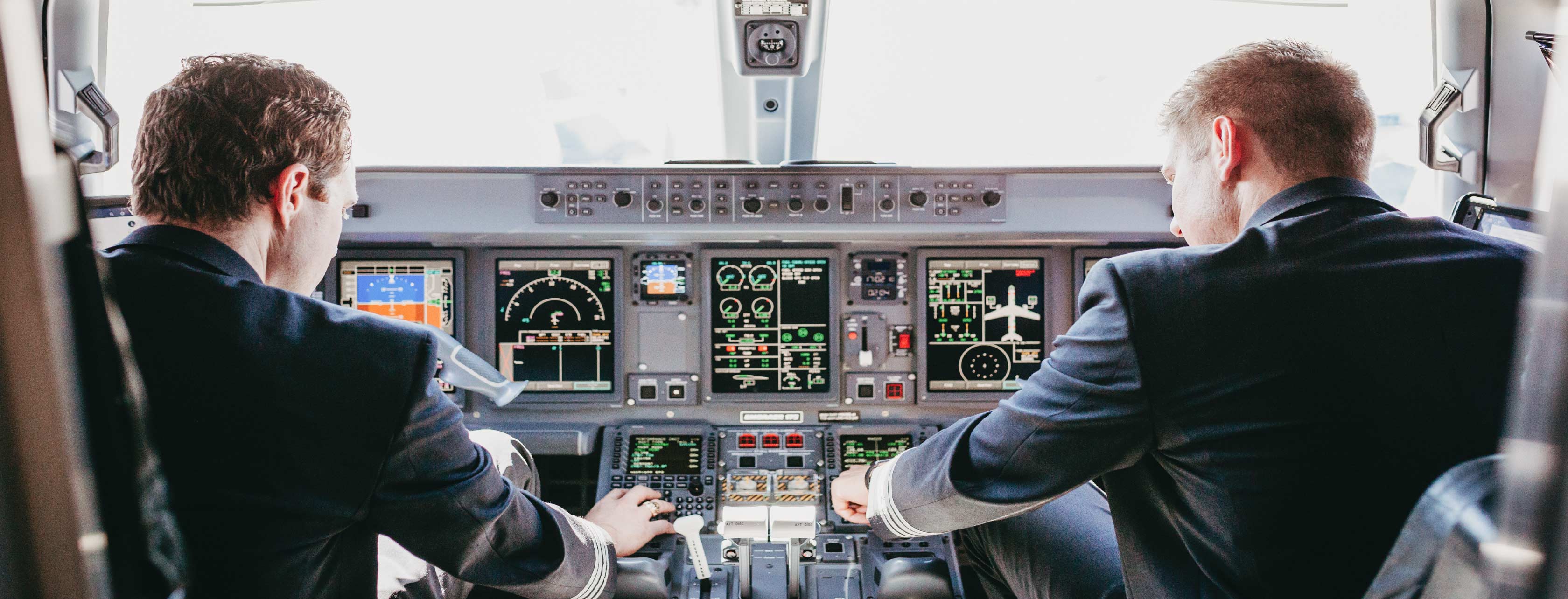Introduction to Aviation - Flying Solo Student Pilot Certificate
The Student Pilot Certificate allows you to fly solo under supervision. You need to be at least 16 years old, proficient in English, and complete the necessary application process. To obtain the certificate, you apply through the IACRA website and submit documents to a certified flight instructor.
Additional Details:
- Limitations include, no passenger carriage or commercial operations
- Medical certification is also required, typically a third-class medical certificate obtained from an aeromedical examiner
Student Pilot Certificate Details »
Exploring Recreational Flying Private Pilot License (PPL)
The Private Pilot License, officially known as a Private Pilot Certificate, is a coveted aviation certification. It grants individuals the legal authority to independently pilot small aircraft after completing comprehensive training that covers aircraft maneuvers, navigation, and emergency procedures.
Private Pilot Certificate holders are not allowed to fly for compensation.
However, pilots with a Private Pilot Certificate are permitted to engage in recreational flying:
- Fly in and out of civil airports
- Take friends and family for rides
- Piloting glider towing, participation in charity flights, and aiding in search operations
Eligibility requirements for obtaining a PPL include being at least 17 years old and proficient in English. Additionally, pilots must meet specific flight training and experience criteria outlined by the Federal Aviation Administration (FAA). Holding at least a third-class medical certificate is also mandatory, with periodic renewals necessary to maintain your flying privileges.
Private Pilot Certificate Details »
Flying Solely by InstrumentsInstrument Rating (IR)
An Instrument Rating is a special pilot certification that focuses on flying using instruments only. It's important for staying safe and being able to fly in different weather conditions. With an IR, pilots can navigate through complex airspace and bad weather, making flying safer and more efficient.
Having your Instrument Rating also opens up many job opportunities, including flight instruction and commercial piloting. Pilots with an IR can fly using Instrument Flight Rules (IFR), which help navigate through different types of airspace while following specific rules about the weather.
Additional eligibility requirements are set by the Federal Aviation Administration (FAA), including language proficiency and aeronautical knowledge.
Training covers a wide range of topics such as flight planning, navigation, air traffic control procedures, and emergency operations. Pilots must also fulfill specific flight time requirements, ensuring competence and proficiency in instrument flight operations.
Instrument Rating Details »
Mastering Multi-Engine Aircraft Multi Engine Rating
The Multi Engine Rating allows individuals to serve as pilot-in-command (PIC) of aircraft with more than one engine, enhancing their career prospects and aviation expertise. Obtaining this rating is essential for pilots pursuing careers in commercial aviation and enhances their overall employability in the industry.
Benefits of acquiring a Multi Engine Rating include:
- Career advancement opportunities
- Eligibility to operate larger and faster aircraft with extended range
- Enhanced safety in the event of an engine failure
The Multi Engine Rating introduces pilots to complex aircraft systems and procedures, including retractable landing gear and controllable pitch propellers, presenting new challenges and learning opportunities.
Multi Engine Rating Details »
Transitioning to Professional Flying Commercial Pilot License (CPL)
The Commercial Pilot License is a significant milestone for pilots pursuing careers in commercial aviation. With a CPL, you gain the necessary qualifications to operate aircraft for compensation or hire, opening doors to various professional opportunities within the aviation industry.
Key benefits of obtaining a Commercial Pilot License include:
- Expanded career opportunities in commercial aviation
- Ability to fly for compensation, including roles such as airline pilot, charter pilot, or flight instructor
- Enhanced skill development and proficiency in piloting larger aircraft
The CPL training curriculum covers a wide range of subjects, including advanced flight maneuvers, navigation techniques, and aviation regulations. Pilots undergo rigorous training to ensure proficiency in all aspects of commercial flight operations.
Commercial Pilot License Details »
Teaching Aviation Skills Flight Instructor Certificate (CFI)
The Flight Instructor certification is a significant achievement for pilots looking to transition into the role of aviation educators. As a CFI, you'll have the opportunity to share your knowledge and passion for flying, while gaining valuable flight experience. You also have the option to specialize further by earning additional certifications such as Certificated Flight Instructor – Instrument (CFII) and Multi-Engine Instructor (MEI).
Key aspects of being a CFI include:
- Opportunity to build flight experience quickly by teaching flight training to students
- Reinforcement of knowledge gained during your own flight training through teaching
- Privilege to train and endorse other pilots to take FAA practical tests
To become a CFI, you must meet specific eligibility requirements set by the FAA and undergo training to obtain the necessary knowledge and practical skills for instructing others in aviation.
Flight Instructor Certificate Details »
Advanced Certification for Professional Pilots Airline Transport Pilot (ATP)
The Airline Transport Pilot certification marks the pinnacle of a pilot's career and is a prerequisite for most professional pilot positions, particularly in the airline industry. ATP certification allows pilots to fly as Captain or First Officer on commercial aircraft and a wide-range of opportunities within corporate and private air carriers.
Key aspects of obtaining an ATP certification include:
- Accumulating 1500 hours of flight time
- Meeting stringent eligibility requirements, including age, flight experience, and medical fitness
- Completion of an Airline Transport Pilot Certification Training Program (ATP CTP)
- Passing the ATP knowledge test, covering a comprehensive range of aviation subjects
Pilots seeking an ATP certificate must fulfill various eligibility criteria, including being at least 23 years old, holding a commercial pilot certificate with an instrument rating, and passing the ATP knowledge test.
There are provisions, however, for pilots to obtain a Restricted ATP (R-ATP) certificate at 21 years of age, with specific requirements based on military or college experience. R-ATP holders can serve as co-pilots but must accumulate the required flight hours and obtain a full ATP certification to act as pilot-in-command.
Airline Transport Pilot Details »
Request More Information »


